Get Cesspool Installation in Denver County, CO
Cesspool installation services help Denver County property owners address waste management issues by installing or replacing cesspools for residential or commercial septic systems.
Property owners in Denver County, CO, exploring options for cesspool installation can find valuable resources and connections through this platform. Installing a cesspool is a practical solution for those managing properties without access to municipal sewer systems, especially in areas where traditional infrastructure may be limited. Whether planning a new property development, upgrading an existing system, or addressing specific site challenges, understanding the local options available can help ensure the project meets both regulatory requirements and practical needs.
By comparing local contractors experienced in cesspool installation, property owners can gather information about available services tailored to Denver County’s unique landscape and soil conditions. This process supports informed decision-making, helping to identify service providers equipped to handle the complexities of cesspool systems and local regulations. Keep reading to discover how connecting with qualified specialists can facilitate a smooth and effective installation process for your property.
- Cesspool installation - needed when a property in Denver County, CO, lacks access to municipal sewer lines.
- Septic system replacement - required if an existing cesspool has failed or is no longer functional.
- New property development - involves installing a cesspool for homes or businesses in suburban neighborhoods.
- Property upgrades - necessary when upgrading outdated or failing cesspool systems to meet current standards.
- Emergency repairs - needed for urgent issues like leaks or backups in cesspool systems in residential or commercial areas.
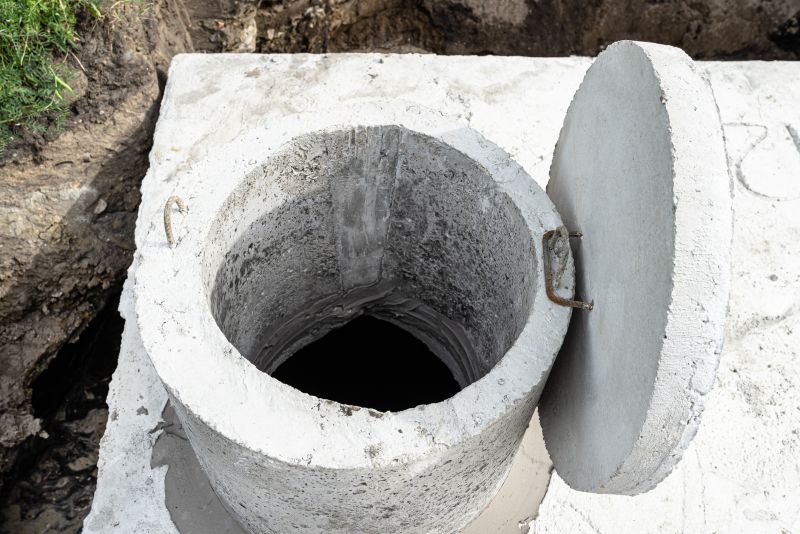
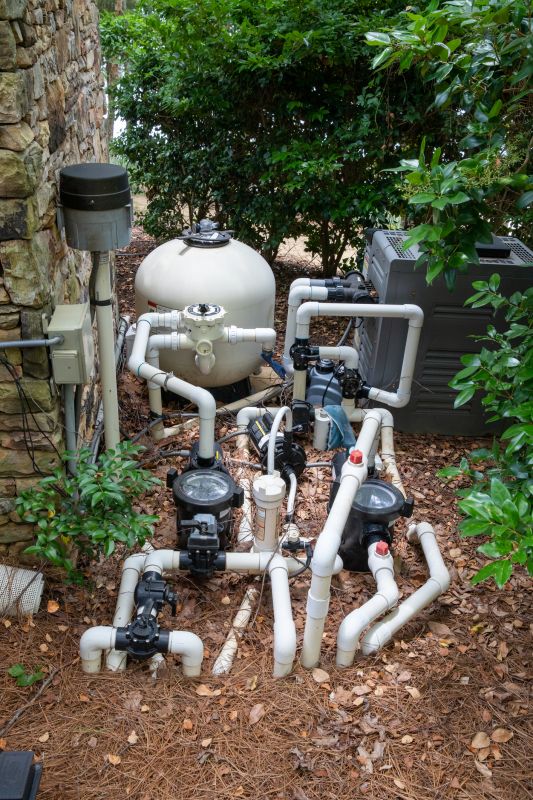
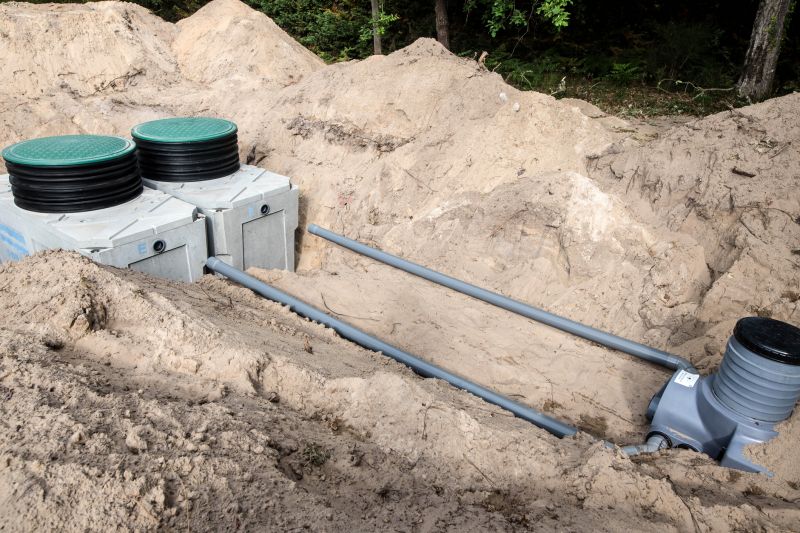
Cesspool installation services involve setting up an underground waste management system that safely collects and holds sewage from a property. This process includes excavating the area, installing a durable tank designed to handle wastewater, and connecting it to the property's plumbing system. Proper installation ensures that waste is stored securely and can be periodically serviced, helping to maintain a sanitary environment. These systems are a practical solution for properties that are not connected to municipal sewer lines, providing a reliable method for managing household or commercial waste.
Cesspools are often used to address problems related to inadequate or failing septic systems, such as persistent backups, foul odors, or groundwater contamination. When a property experiences these issues, a new cesspool installation might be necessary to replace or supplement existing waste management methods. Properly installed cesspools help prevent health hazards, protect the surrounding environment, and ensure compliance with local regulations. Service providers can assess the specific needs of a property and recommend the most appropriate waste disposal solution.
Properties that typically utilize cesspool installation services include rural homes, properties in areas without access to municipal sewer systems, or developments where sewer infrastructure is limited or unavailable. Commercial properties, such as small businesses or agricultural operations, may also require cesspools if they generate waste that needs to be managed on-site. These systems are particularly suited for locations where traditional septic systems are impractical or where existing systems have failed, ensuring continued waste management without the need for extensive sewer connections.
Homeowners and property owners who notice signs like slow drains, unpleasant odors, or recurring backups may need to consider cesspool installation services. Additionally, those planning new construction or property renovations in areas without sewer access should consult with local contractors experienced in installing these systems. Connecting with experienced service providers can help determine whether a cesspool is the right solution, and ensure the system is installed correctly to serve the property’s needs effectively.
The overview below groups typical Cesspool Installation projects into broad ranges so you can see how smaller, mid-sized, and larger jobs often compare in Denver County, CO.
In many markets, a large share of routine jobs stays in the lower and middle ranges, while only a smaller percentage of projects moves into the highest bands when the work is more complex or site conditions are harder than average.
Smaller Repairs - Typical costs for minor cesspool repairs in Denver County range from $250 to $600. Many routine fixes fall within this band, covering issues like lid replacements or minor leaks. Fewer projects reach higher price points unless additional work is needed.
Partial Replacement - Replacing a section of a cesspool or performing moderate repairs usually costs between $1,000 and $3,000. This range covers most standard projects, with larger or more complex jobs potentially increasing the total.
Full Replacement - Complete cesspool replacements generally fall between $4,000 and $8,000, depending on the size and site conditions. Many projects in Denver County land in this range, though very large or intricate installations can exceed $8,000.
Large or Complex Projects - Extensive upgrades or custom installations can cost $10,000 or more. These projects are less common and often involve additional site preparation or advanced system features, leading to higher costs.
Actual totals will depend on details like access to the work area, the scope of the project, and the materials selected, so use these as general starting points rather than exact figures.
Septic Tank Installation - This project involves planning and installing underground septic systems, sharing skills with cesspool installation such as site assessment and excavation.
Drain Field Repair - Repairing and installing drain fields requires understanding of soil conditions and proper placement, similar to the planning involved in cesspool systems.
Stormwater Management Systems - Designing and installing systems to manage surface runoff involves site evaluation and underground piping, akin to cesspool setup processes.
Underground Utility Installation - Installing water, sewer, or electrical conduits requires excavation and underground work skills comparable to cesspool installation.
Drainage System Construction - Building effective drainage solutions involves site analysis and trenching, skills shared with cesspool system planning and installation.
Soil Testing and Site Assessment - Conducting soil tests to determine suitability for underground systems aligns with the planning phase of cesspool installation projects.
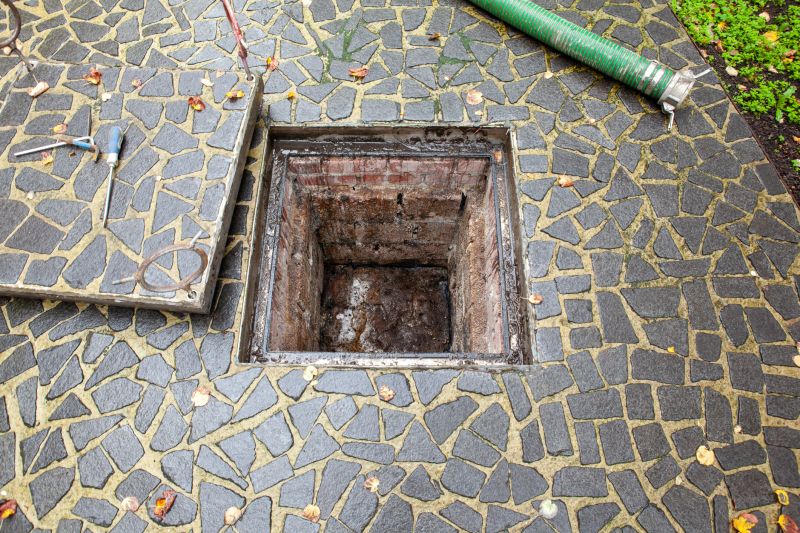
When comparing contractors for cesspool installation, it’s important to consider their experience with similar projects in the Denver County area. Homeowners should look for service providers who have a proven track record of successfully completing cesspool installations and related work. Asking about the number of projects completed and the types of properties served can provide insight into their familiarity with local soil conditions, regulations, and installation challenges. An experienced contractor is more likely to understand the nuances of the area, helping to ensure the job is done correctly the first time.
Clear and detailed written expectations are essential when evaluating potential contractors. Homeowners should seek service providers who can provide a comprehensive scope of work, including specific tasks, materials to be used, and any relevant project milestones. Having this information in writing helps prevent misunderstandings and ensures everyone is aligned on the project’s scope. It also creates a reference point for any future questions or concerns, making communication more straightforward throughout the process.
Reputable references and effective communication are key factors when selecting a contractor. Homeowners should ask for references from previous clients who had similar work done and reach out to them to learn about their experiences. Good communication from the contractor-such as responsiveness, clarity, and transparency-can make the entire process smoother. Service providers who prioritize clear, ongoing dialogue tend to be more reliable and easier to work with, helping to ensure the project proceeds without unnecessary delays or surprises.
Property owners in Denver County, CO use Cesspool Installation services for practical projects around their homes and businesses. This guide focuses on everyday jobs and straightforward project options.
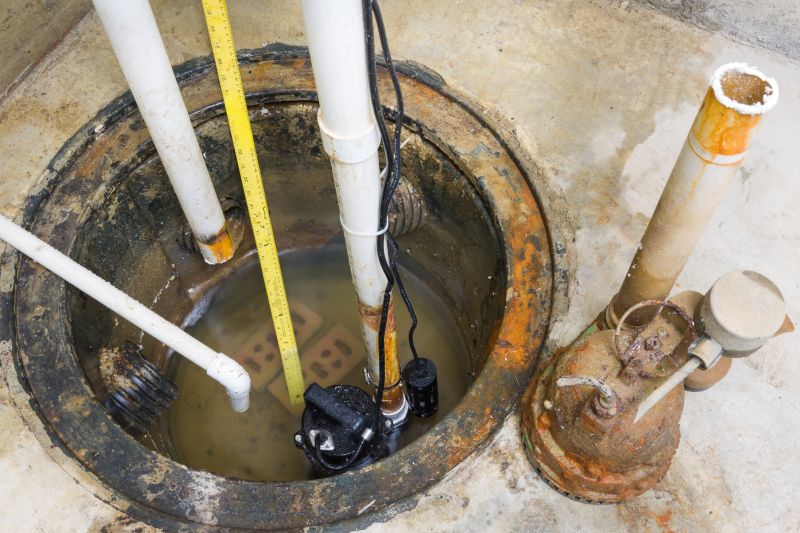
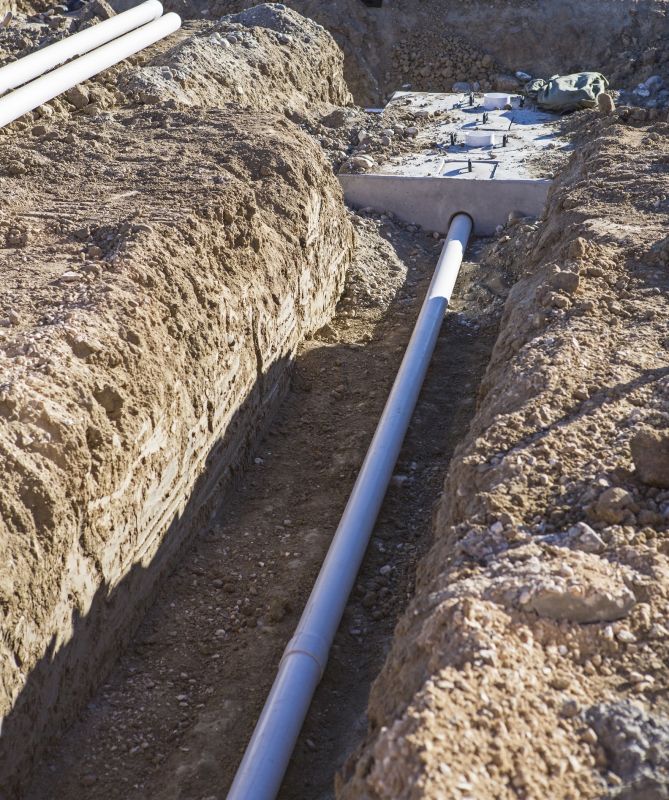
Cesspool installation services are often needed by property owners in Denver County, CO who are constructing new buildings or upgrading aging waste management systems. When existing septic systems are no longer functioning properly or meet current codes, local contractors can provide solutions to ensure proper waste disposal. Additionally, property owners may seek professional installation when they are expanding their property or adding new structures that require a reliable and compliant sewage system.
In many cases, homeowners and business operators look for cesspool installation services to address issues such as slow-draining sinks, foul odors, or recurring backups that can disrupt daily routines. Local service providers can help evaluate the site and recommend appropriate solutions, especially in areas where traditional sewer connections are unavailable or impractical. Connecting with experienced contractors can help ensure the system is installed correctly to meet local regulations and provide long-term performance.
What is involved in installing a cesspool? Cesspool installation typically includes excavating the site, installing the cesspool tank, and connecting it to the plumbing system, all handled by experienced local contractors familiar with the area's regulations.
Are there different types of cesspools available? Yes, various types of cesspools exist, such as concrete, plastic, or fiberglass tanks, and local service providers can recommend options suited to specific property needs.
How do I prepare my property for cesspool installation? Preparation may involve clearing the area, ensuring proper access for equipment, and assessing soil conditions, with guidance from local contractors to ensure a smooth process.
What permits are needed for cesspool installation in Denver County, CO? Local contractors typically handle permit requirements, which may include approval from municipal authorities to ensure compliance with regional codes.
What maintenance is required after a cesspool is installed? Regular inspections and pumping are recommended to maintain proper function, with local service providers offering maintenance services tailored to the system installed.
Septic System Installation - Property owners can consider installing a cesspool to manage wastewater on properties without access to municipal sewer lines.
Property Expansion Projects - When adding new structures or expanding outdoor spaces, a cesspool can provide an effective sewage solution.
Renovation or Remodeling - During home renovations, local contractors can help upgrade or replace existing cesspools to meet current needs.
Property Maintenance Planning - Regular inspections and maintenance of cesspools can help property owners prevent issues and ensure proper function.

If you are thinking about Cesspool Installation for a property in Denver County, CO, this guide is meant to help you understand the work, the typical project types, and how different options might fit your plans.
When you are ready, you can use the quote form on this page to share a few details about your project. From there, local pros can review the basics and respond with options that match what you have in mind.
